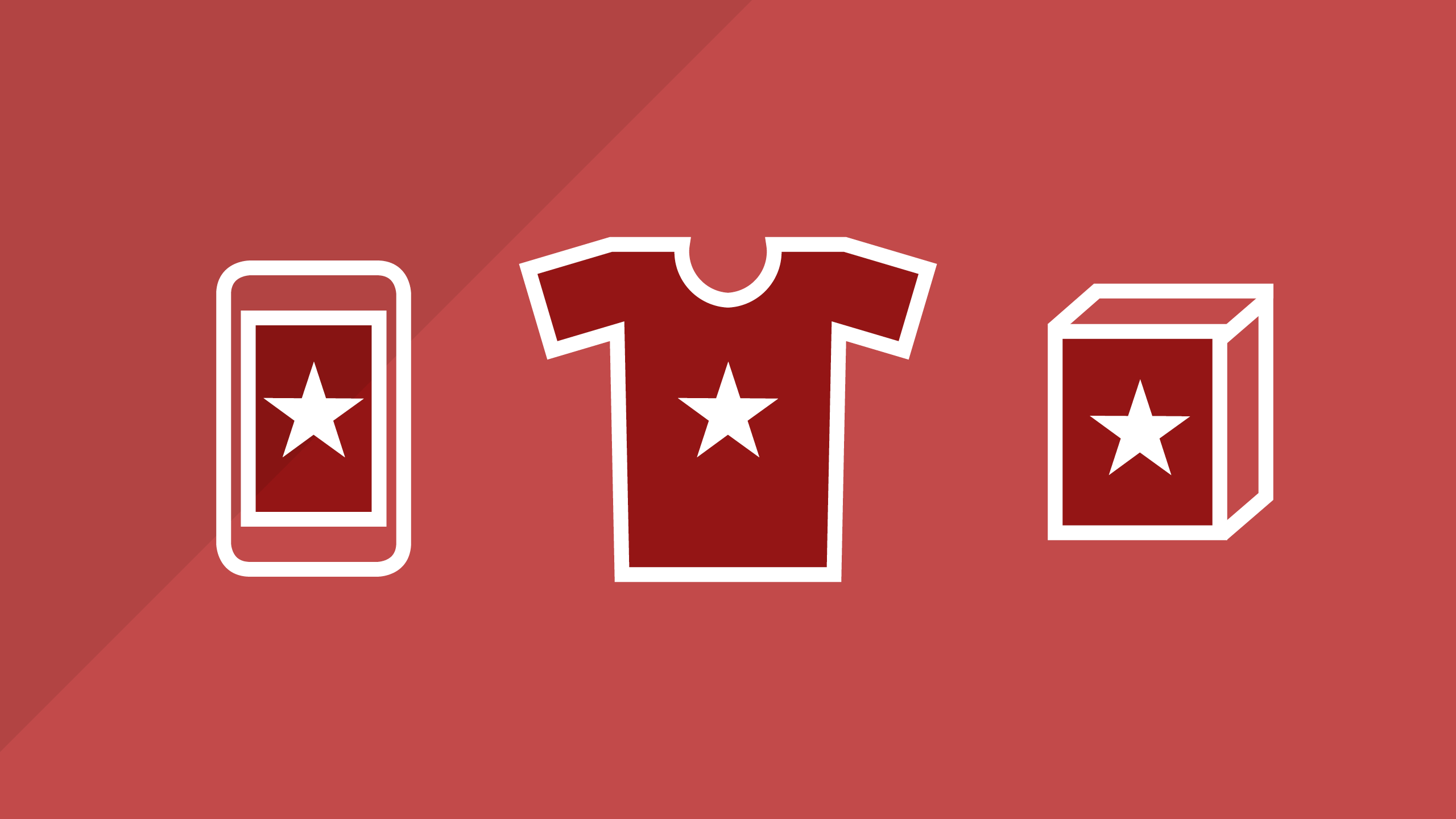If you pay attention to the world of entrepreneurship and startups, exhausting as it often is, you’ve likely heard of a “lifestyle business.” These are businesses that are purposefully kept to a manageable scale, careful not to destroy the founders in the process. Yes, they’ll never be billion-dollar juggernauts — at least not for a generation or two — but the business owner can go home at night, eat a reasonable meal with family, and perhaps enjoy the trappings of middle-class life. (e.g. weekends)
Most creative professionals who become solo practitioners do so for lifestyle purposes. We can’t stand a long commute, office politics, tiresome clients, or late nights scrambling for deadlines caused by institutional forces.
A freelance or one-person studio is a kind of lifestyle business, but different from what we call a “lifestyle brand.”
Lifestyle Brand
A lifestyle brand is a brand that you have integrated into your own life. Think of the products and services that you use, especially daily — do any of them start to create a lifestyle?
For a brand like IKEA, the link should be fairly transparent. Furniture, soft goods, household electronics, dishware, etc. get a lot of use on a daily basis, thus creating a sort of lifestyle. Same for our on-the-go brands who make shoes, bags, cars, headphones, notebooks, and more. Combine that with an increasing number of online services, and you see how Apple, Google, Amazon, with their iPod, Android phones, or Kindle, respectively, can become lifestyle brands, not just vendors of gadgets or the place to check your email.
Align Values
Building a lifestyle isn’t about technology per se. Yes, it’s nice when a company debuts an innovative waterproof leather, or an even-slimmer phone that you can fit in the coin pocket of skinny jeans, but more important than this are the values of these brands.
Lifestyle brands align with the values of their customers.
If you can demonstrate through repeated action that you adhere to your brand values, and that you can continually serve your audience with those same values, you can get started building a lifestyle brand. In fact, it might happen without your control.
Can’t Live Without
The end goal, without being too severe, is to create something that your fans, followers, and customers can’t live without.
I remember a period (at the close of my high school years) when it became fashionable to wear t-shirts, hats, etc. of popular candy and soda brands. A bright orange Reese’s shirt could be spotted across a crowded hallway. Green-clad supporters of Sprite and 7-Up would cheekily make adverserial eyes as they crossed paths. You get the idea.
The whole time, I remember thinking “Are these brands so important in this guy’s life?”
Logo devotion, as some call it, is powerful. You’re voluntarily showing the world your values through the brands you interact with and integrate into your everyday.
Now ask yourself this question — which brands have become part of my lifestyle? Would I wear them as a t-shirt even if they don’t produce clothing?
Would you wear a Busy Creator t-shirt?
How you livin’?
Give us your thoughts on lifestyle brands. I’m curious to hear which brands, if any, you’ve adopted beyond their obvious utility. Leave a comment below to share your thoughts.
Enjoyed this article?
More insight and resources delivered in our newsletter. Sign up below to receive site updates.













